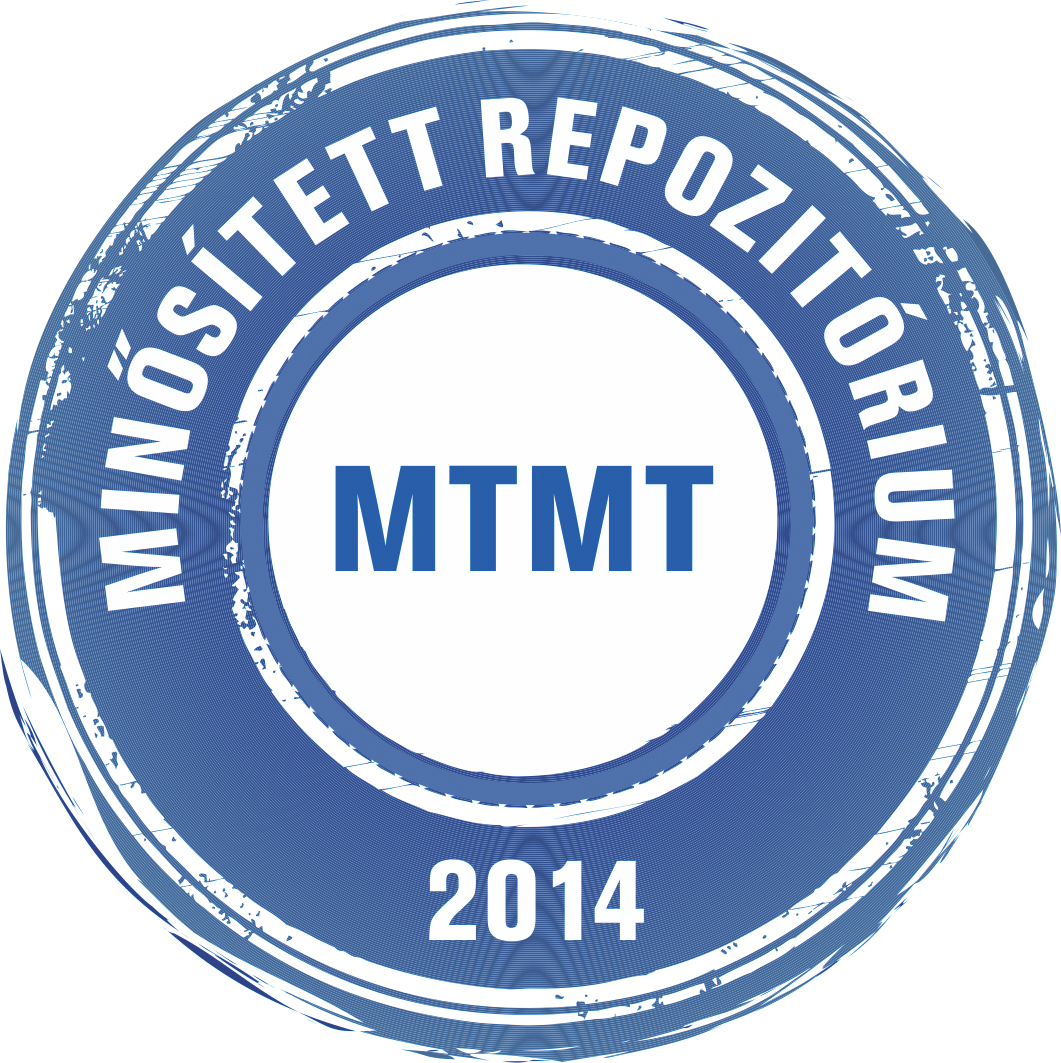Heltai, Miklós (Szerk.).
(2022)
3rd International Jackal Symposium 02-04. November 2022. Gödöllő, Hungary : Abstract Book.
Hungarian University of Agriculture and Life Sciences, Institute for Wildlife Management and Nature Conservation, Gödöllő.
87 p.
ISBN 978-963-623-012-8 (pdf)
Teljes szöveg
| Tétel típusa: |
Könyv
|
| Kulcsszavak: |
Diseases, Ecology, Feeding habits, Genetics, Management, Monitoring, |
| Szakterület(ek): |
S Mezőgazdaság S Mezőgazdaság általában
S Mezőgazdaság SK Vadgazdálkodás, vadászat |
| Feltöltő: |
Sára G. Szabó
|
| Elhelyezés dátuma: |
21 Okt 2022 09:12 |
| Utolsó változtatás: |
05 Szep 2023 07:14 |
| Kivonat, rövid leírás: |
On behalf of the International Jackal Symposium (IJS) Organizing Committee, we are honoured to invite you to participate in the 3rd IJS scheduled for 02-04 November, 2022 Gödöllő, Hungary. The 3rd International Jackal Symposium provides a platform to present research related to golden jackal management and conservation practices.
The 1st International Jackal Symposium held in Veliko Gradiste, Serbia placed the major focus on the ecology of golden jackals, and the 2nd International Jackal Symposium held in Attica, Greece aimed to create an active platform which gave space for novice and experienced golden jackal scientists to discuss the golden jackal (Canis aureus) species as well as other related species like African black-backed jackal (Canis mesomelas), side-striped jackal (Canis adustus) and African wolf (Canis anthus). Building on the past two successful conferences, this year the main objective of the third conference is to explore the reasons behind the spread of the golden jackal, to understand the behavior, feeding habits, distribution and genetic background of the species and, with this knowledge, to reduce human predator conflicts and to provide a basis for the conscious management and conservation of the species' populations.
Our goal is to build awareness around medium-sized carnivore management and critical issues that relate to it. Over the past few decades, the golden jackal population skyrocketed on the European continent and are quickly spreading in the central and south-eastern parts of Europe where for several decades they have been absent from. At the end of the 20th century jackals suddenly started to expand their range and repopulate its previous habitat in the Balkan peninsula. The jackal population began to grow exponentially in Hungary and was given a year-round hunting season. Observations have also been increasing in Serbia, Slovakia, Romania and Ukraine. Common question with regards to the golden jackal is what led to their such rapid expansion. Therefore, throughout the symposium, we will explore the following topics:
Biological invasion or natural process? – Monitoring, evaluation, legal background
Behaviour – feeding and social behaviour
Conservation and management
Human & jackal conflicts and public interest |
| URI: |
https://press.mater.uni-mate.hu/id/eprint/78 |
Műveletek (Belépés szükséges)

- Tétel szerkesztése






